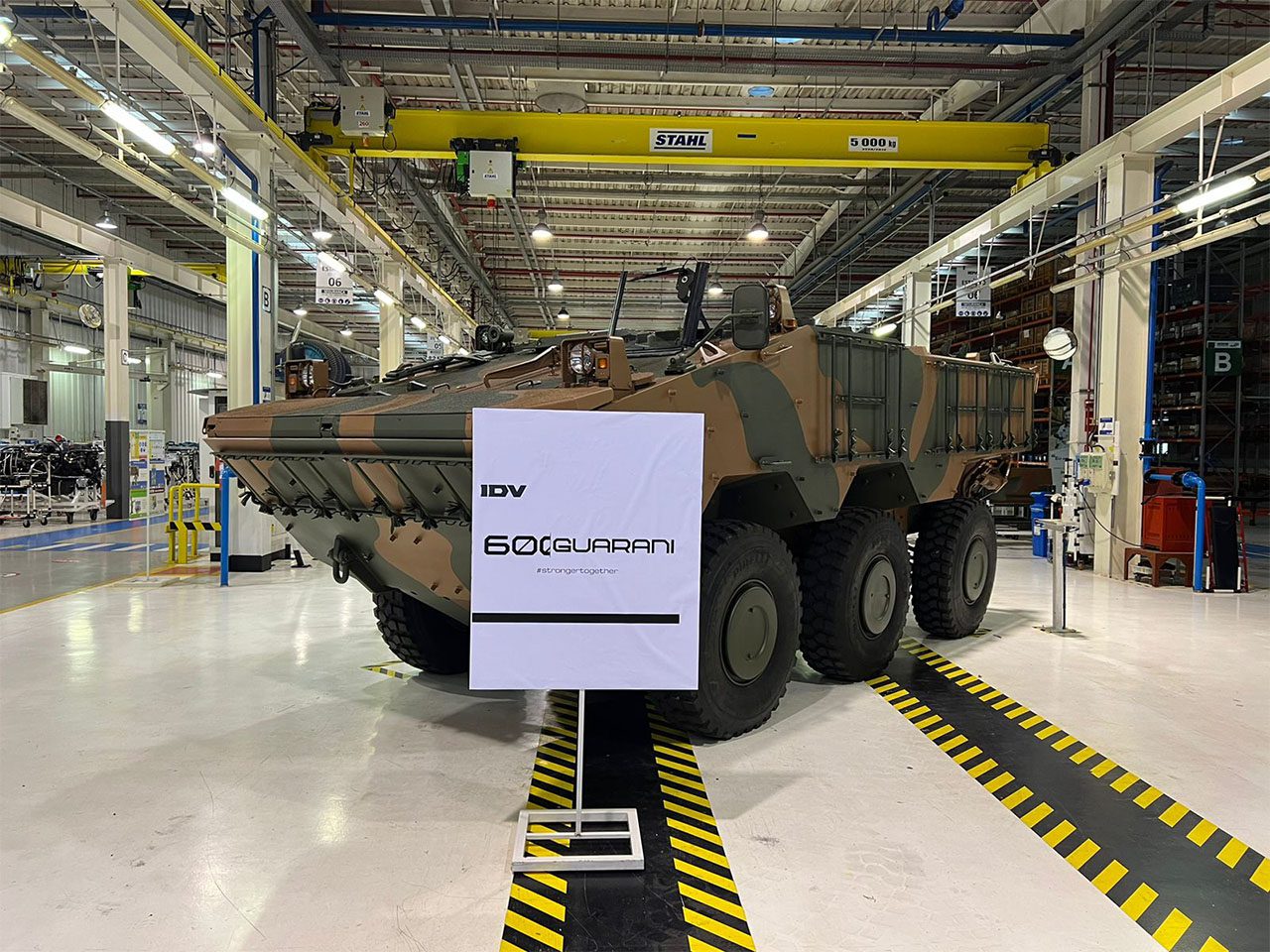(RR) The Chinese government is trying to sell 156 Guarani armored vehicles, manufactured by Iveco in Minas Gerais, to the Argentine Army. Lula, however, who has been dealing directly with Alberto Fernandez, considers the deal strategic.
This and other facts, such as Berlin’s veto to the export of 28 Guarani units, which have parts of German origin, to the Philippines – interpreted as retaliation for the Brazilian refusal to send war equipment to Ukraine – show that there are many pieces crossing each other on the board of global geopolitics.
There are several pieces moving at cross-purposes on the board of global geopolitics. The China that is approaching the Lula government is the same one that could displace Brazilian interests in the defense area.
The Ministry of Foreign Affairs monitors, with some concern, the negotiations between Beijing and the Argentine government around a commercial agreement for the negotiation of military equipment. According to a source from the Ministry, Itamaraty has information that the Chinese are trying to negotiate the sale of 156 Guarani armored vehicles, produced by Iveco in Sete Lagoas (MG), to the Argentine Army. This is, at the same time, a strategic deal both for the Brazilian defense industry and for the foreign policy of Lula’s government. Better said: for Lula himself.
In January, during his visit to Buenos Aires, the president dealt directly with Alberto Fernández on the subject. On the occasion, both signed an agreement to unblock the sale of Iveco’s armored cars, a deal that has been dragging on for more than four years. What is at stake is a contract that could reach R$ 1.8 billion. Besides the relationship between Lula and Alberto Fernandez, it is important to say that Brazil and Iveco have some handicaps in a possible dispute with China: the engine and some of the mechanical components are already manufactured in a unit of the company in Argentina, which would help reduce the cost of production of military vehicles. Add to this the fact that the Argentine ambassador in Brasilia, Daniel Scioli, is a supporter of the agreement.
On the other hand, the risk is that the government of Beijing will play the supply of armored vehicles within a larger cooperation package, which would involve the sale of other military equipment, in addition to technology transfer. In this case, Brazil would have less bargaining power at the negotiation table. Recent facts have increased the Brazilian government’s state of alert in relation to the subject.
Last week, a delegation from the State Administration of Science, Technology and National Defense Industry of China (SASTIND), headed by vice-minister Zhan Bin Xu, was in Buenos Aires. Among other authorities, the delegation met with Argentina’s Defense Minister Jorge Taiana. Since January, when Lula and Alberto Fernández shook hands in Buenos Aires, some clouds have changed places.
As if the rapprochement between the Chinese and Argentines were not enough, there is also a risk factor that comes from the current set of tensions in global geopolitics, aggravated by the conflicts between Russia and Ukraine. In February, the Federal Office for Economic Affairs and Export Control, the government office that controls Germany’s exports, embargoed the sale of 28 Guarani armored vehicles to the Philippines.
The vehicles have systems and parts of German origin, subject to the agency’s export control. At Itamaraty, Germany’s veto was interpreted as retaliation for the Brazilian government’s refusal – under both Jair Bolsonaro and Lula – to supply military equipment to Ukraine.
